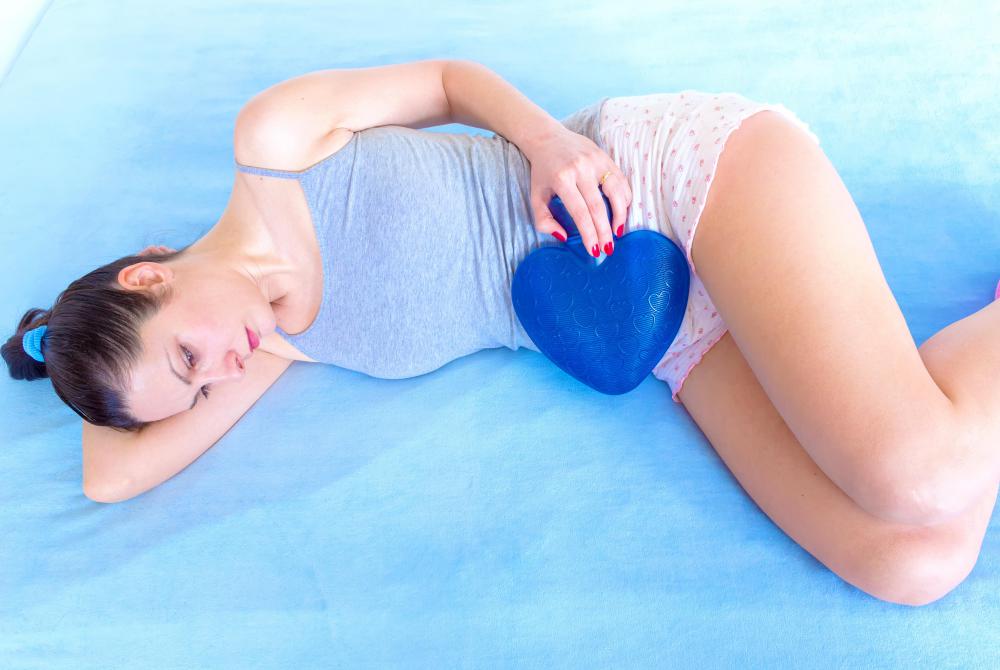At WiseGEEK, we're committed to delivering accurate, trustworthy information. Our expert-authored content is rigorously fact-checked and sourced from credible authorities. Discover how we uphold the highest standards in providing you with reliable knowledge.
What Are the Uses of Horse Chestnut Leaves?
The seeds, leaves, bark and flowers of the Aesculus hippocastanum, or horse chestnut, tree all contain a number of pharmacologically active plant chemicals. All parts of the horse chestnut plant are considered extremely poisonous, and before being used internally they must have their toxins removed — a process required of all commercially available extracts of horse chestnut leaves. These detoxified extracts are predominantly used in the treatment of venous insufficiency, a condition for which there is substantial evidence indicating their efficacy as well as for hemorrhoids, swollen veins, lowering blood sugar, diarrhea, fever, cough, dysmenorrhea, psoriasis, prostate enlargement, malaria, lupus, skin ulcers and dysentery. While horse chestnut seeds are the parts most commonly used in medicine, horse chestnut leaves are considered to be a specific aid for menstrual pain, eczema, cough, joint pain, osteoarthritis, and the swelling of soft tissue associated with sprains and fractures.
A number of proprietary extracts and formulations using horse chestnut leaves or seeds have been developed to treat the pain, ankle swelling, itching, nighttime leg cramping, feelings of heaviness, and varicose veins commonly associated with venous insufficiency. Cellu-Var®, Variclear®, Reparil®, Varicare®, Varicosin®, VeinAway® and Venastat® all contain between 16 and 20 percent triterpene saponins — mostly alpha-aescin, beta-aescin, cryptoaescin, and prosapogenin. Along with the bioflavonoids quercetain and kaempferol, some antioxidant proanthocyanidins, and the blood-thinning coumarins fraxin and pavietin, these chemicals are thought to be responsible for the supposed tonifying affects horse chestnut leaves and seeds have on the circulatory system.

Extracts or horse chestnut leaves may cause health complications in certain patients. Some of these complications include irritation in the gastrointestinal tract, increased speed of the body's elimination of the drug lithium, potentiated action of some anticoagulant drugs, or enhancement the blood sugar reducing properties of certain diabetes medications. Side effects are generally mild and include itching, nausea and gastrointestinal upset. These side effects can typically be controlled by a reduction in the dosage.

The United States Food and Drug Administration (FDA) has not evaluated the safety or efficacy of horse chestnut as a treatment for chronic venous insufficiency or any other medical condition. Due to the presence of the toxic blood-thinner esculin, as of 2011 the plant is not generally recognized as safe by the FDA. According to the Natural Medicines Comprehensive Database, however, horse chestnut is considered to be likely effective, at least in the short term, for the treatment of chronic venous insufficiency.
AS FEATURED ON:
AS FEATURED ON:












Discuss this Article
Post your comments